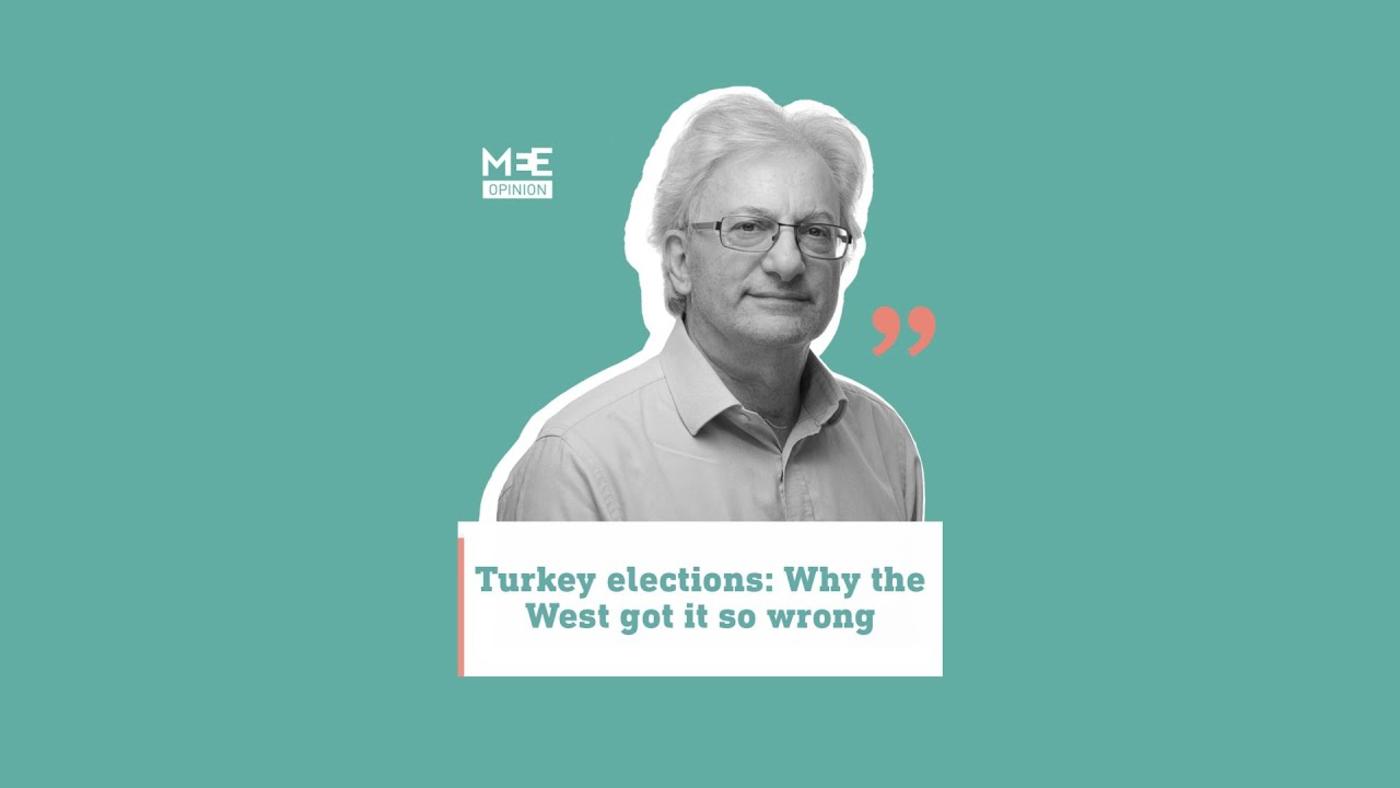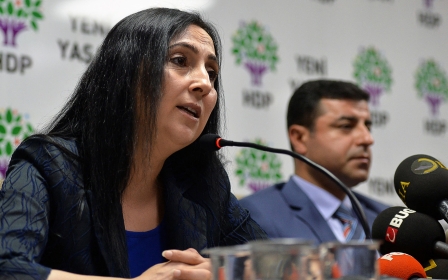Op-Ed video: Why the West got the Turkey elections all wrong
President Recep Tayyip Erdogan proved his naysayers wrong in the first round of the Turkey elections and is quietly confident about his chances of securing a third term, argues David Hearst, the co-founder and editor-in-chief of Middle East Eye.
Erdogan received 49.40 percent of the votes, just short of an outright victory, while his main competitor, Kemal Kilicdaroglu of the centre-left Republican People’s Party (CHP), could only muster 44.96 percent.
Kilicdaroglu, a 74-year-old nationalist who was at one point likened to Gandhi, had promoted himself as an inclusive, consensus-seeking negotiator who would lead Turkey into a post-authoritarian age.
But just days after his first-round loss, he abandoned his heart emojis and took aim at the most vulnerable people in the country: 3.6 million Syrian refugees.
The opposition leader is seeking to harness the support of ultra-nationalists before the run-off election, with refugees serving as scapegoats, says Hearst.
"So how did everyone who predicted Erdogan's demise get this all wrong," Hearst asks.
"I think they [the media] believed what they wished to believe and forgot that in moments of crisis - like coup attempts and close, hard-fought elections - Erdogan is at his best," he said.
"All western governments and journalists wanted him gone because he emerged as the region's most effective operator. Their objection to him had nothing to do with democracy or human rights," he added.
"And this election, with a first-round turnout of over 90 percent, showed that whatever the many failings of the election system, Turks believe in the elections that they participate in [and] this is a hard pill for the West to swallow; but swallow it they must," he added.
Middle East Eye propose une couverture et une analyse indépendantes et incomparables du Moyen-Orient, de l’Afrique du Nord et d’autres régions du monde. Pour en savoir plus sur la reprise de ce contenu et les frais qui s’appliquent, veuillez remplir ce formulaire [en anglais]. Pour en savoir plus sur MEE, cliquez ici [en anglais].






